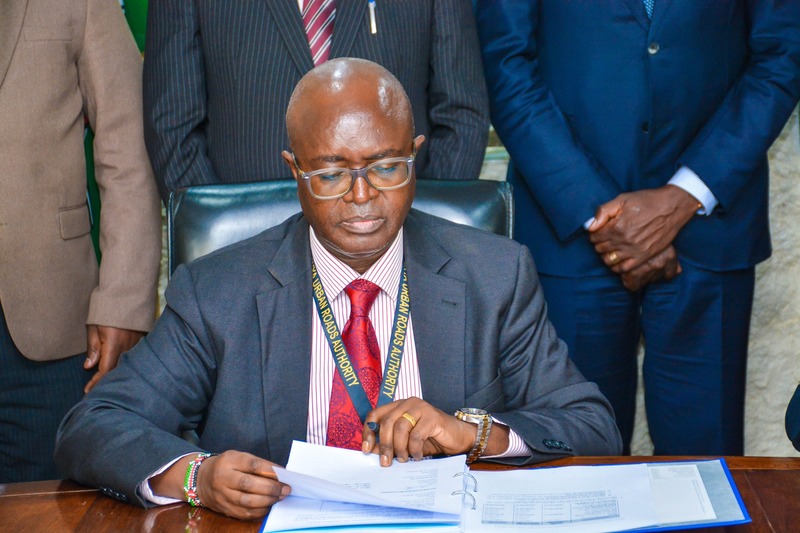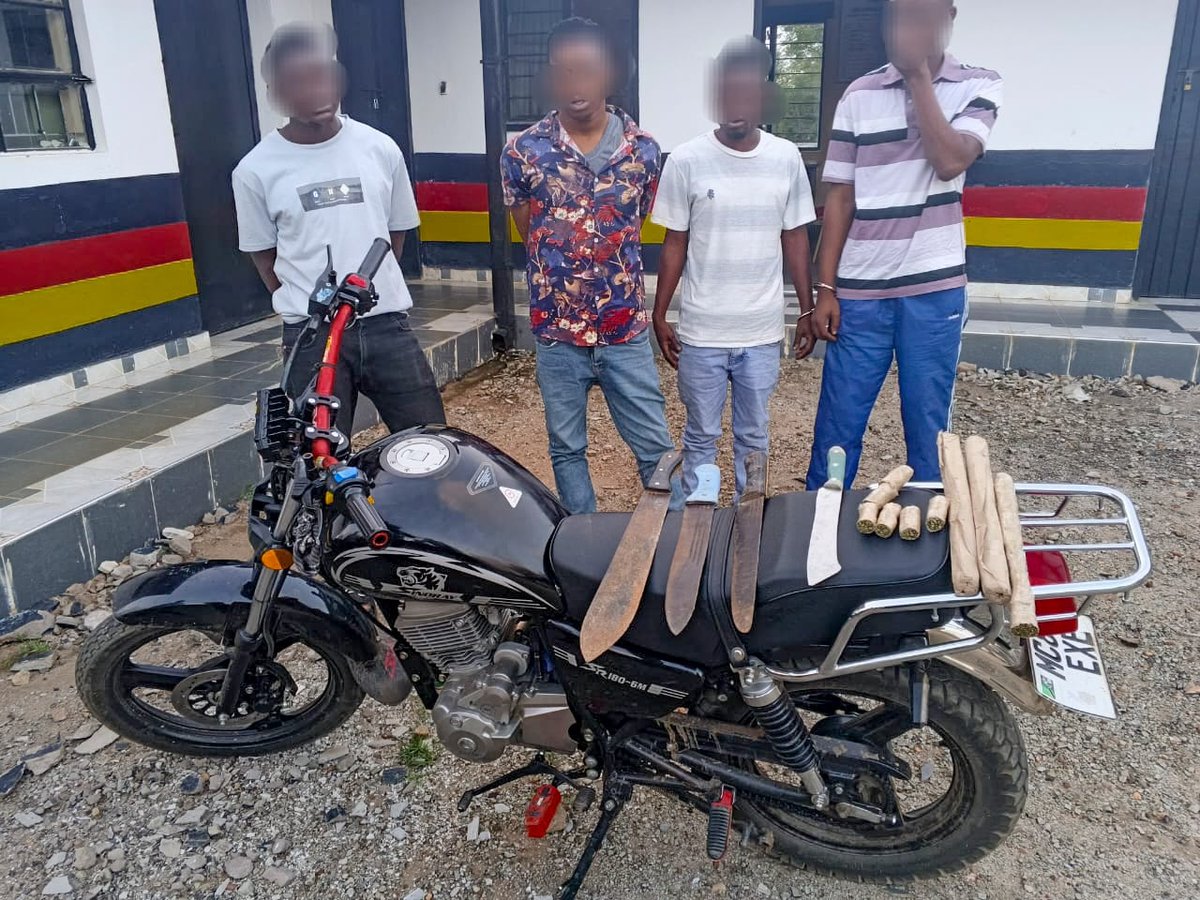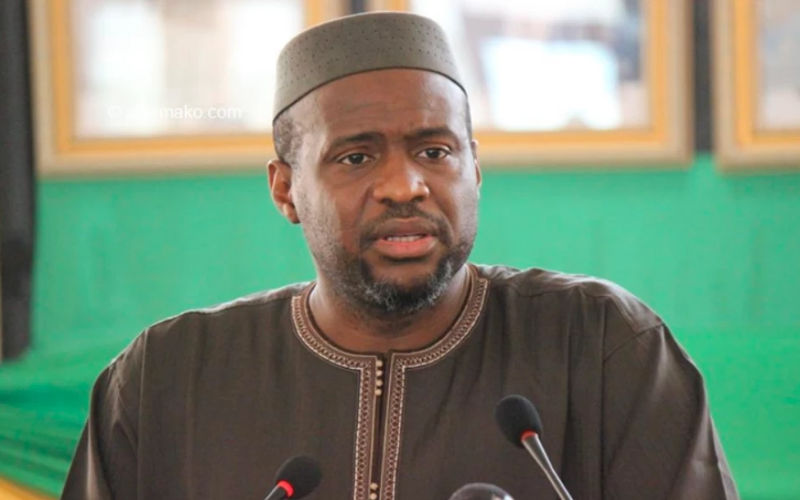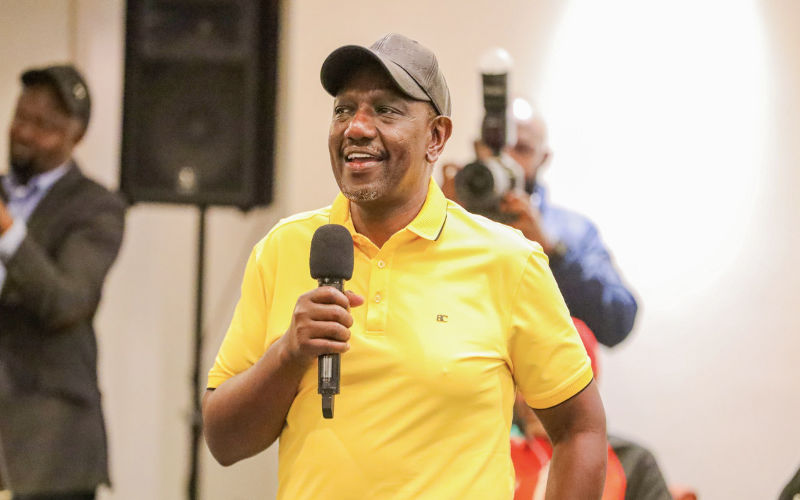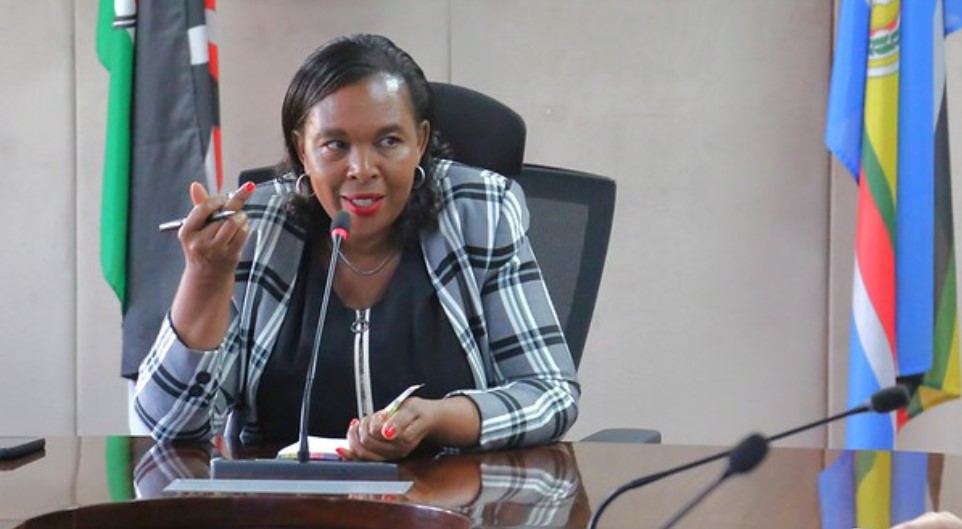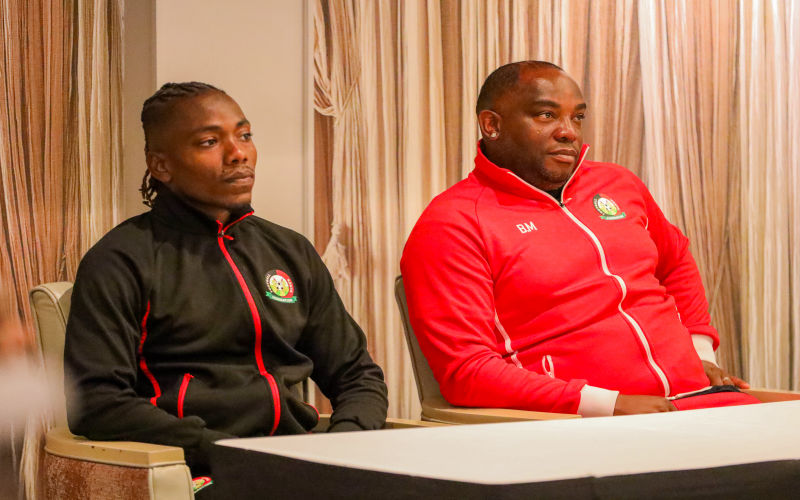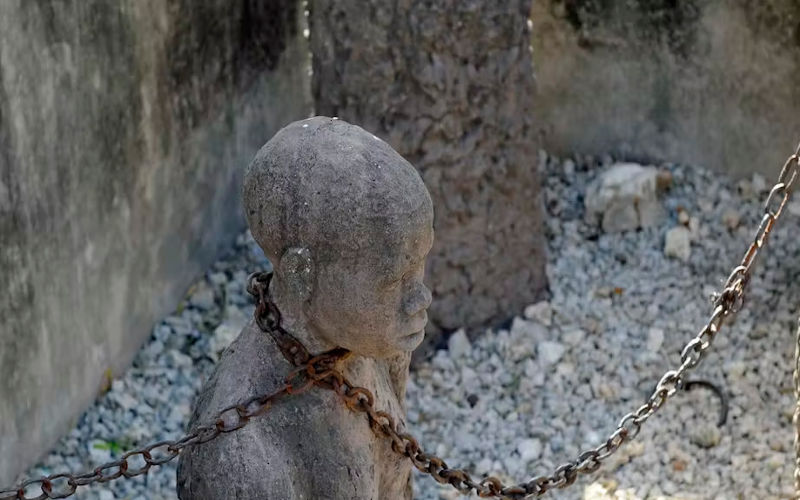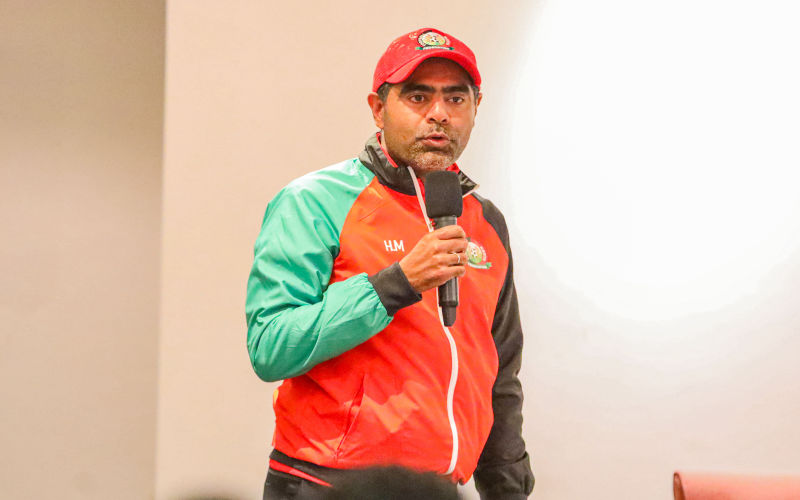Ex-IPOA chief Macharia Njeru calls for action against abductions and impunity
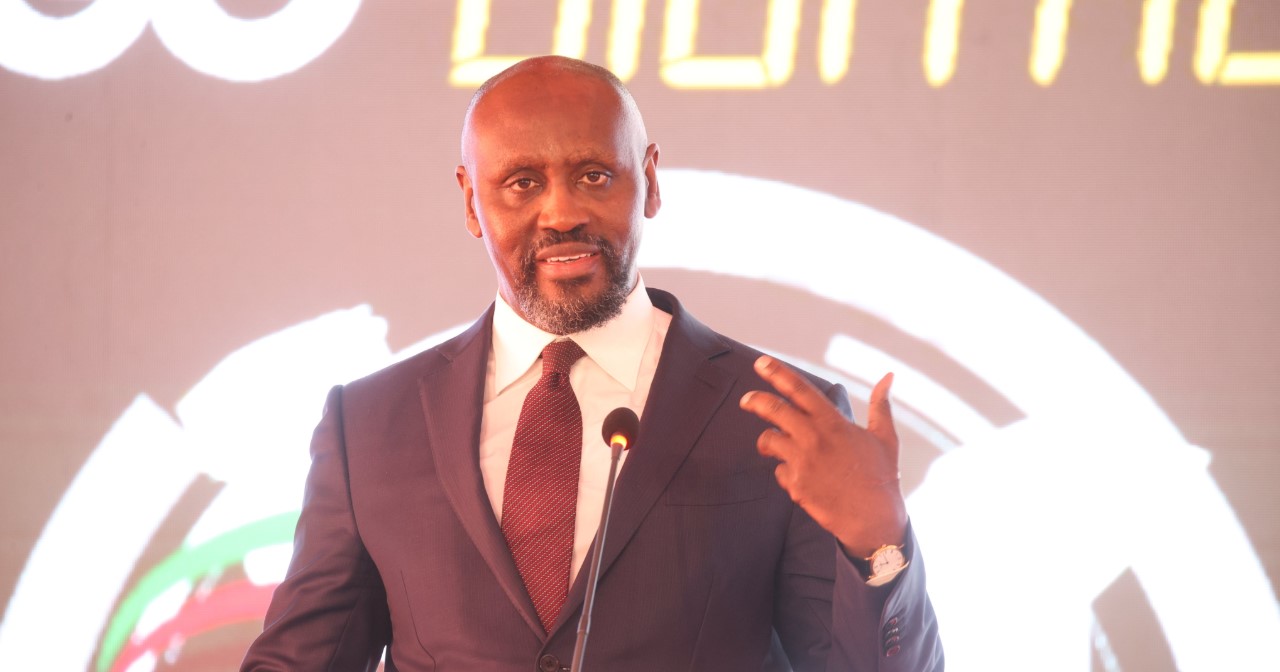
Njeru, who served as IPOA's first chairperson from 2012 to 2016, has a long history of involvement in police reforms.
Former chairperson of the Independent Policing Oversight Authority (IPOA) Macharia Njeru has called on his former employer to take swift action against police officers and security agents accused of abductions, unlawful arrests, and excessive use of force.
In a letter to the current IPOA chairperson Isaack Hassan, Njeru urges the authority to prosecute rogue security agents and hold them accountable for human rights violations carried out under the guise of enforcing security measures.
More To Read
- Suspect accused of 'swapping' OCS Talaam's SIM detained pending charge sheet review
- OCS Talaam ordered to vacate house, surrender police gear after interdiction
- LSK faults IPOA over inaction, urges tougher oversight, compensation for police brutality victims
- Rex Masai killing: Photojournalist tells court he filmed police officer Murangiri pull trigger
- Two police constables sentenced to 35 years for torturing, killing suspect in 2020
- CS Murkomen defends police conduct during protests, urges IPOA to hold off judgement
Njeru believes that IPOA has the legal mandate to take strong action against police excesses.
He emphasised that the authority has the power to investigate and ensure that officers and their commanders are held responsible for violating the rights of unarmed citizens.
In his letter, Njeru urged IPOA to use geolocation tools such as GPS and internet protocol (IP) addresses to trace and identify police officers who have been involved in human rights abuses since June 2024.
The call for action comes amid growing concerns about the rise in abductions and deaths tied to security operations.
According to the Kenya National Commission on Human Rights (KNCHR), at least 85 abductions have been recorded since July 2024, with 25 individuals still missing.
KNCHR also reports that 61 deaths have been linked to anti-government protests that began in June 2024.
In addition to the domestic concerns, Njeru highlighted the issue of foreign nationals being abducted or arrested irregularly.
At least 45 foreign nationals, mainly from Uganda, Turkey, Rwanda, and Tanzania, have been detained in Kenya, often due to their criticism of their home governments.
The most recent case involved Tanzanian freelance journalist Maria Sarungi, who was abducted on Sunday by armed men but released hours later.
Sarungi has since claimed that her abduction was orchestrated by the Tanzanian government in retaliation for her outspoken criticism.
Njeru's letter to IPOA also criticises the authority for failing to enforce the legal requirement that police officers wear uniforms with identifiable name tags and service numbers during operations.
He points out that, despite these clear legal provisions, there have been numerous instances of police officers wearing balaclavas and conducting arrests without proper identification, further fuelling concerns over the growing level of police impunity.
"Sadly, IPOA has failed to enforce these express provisions of the law. The country has seen police officers covered in balaclavas and with no form of identification roaming in our streets, carrying out arrests, arresting and shooting members of the public and brazenly abducting others. This level of impunity was never imagined in our post-2010 Constitutional dispensation," Njeru's letter reads.
Njeru, who served as IPOA's first chairperson from 2012 to 2016, has a long history of involvement in police reforms.
He was also a member of the 2009 Police Reform Taskforce, which led to the drafting of the 2010 Constitution and the establishment of IPOA.
He believes that IPOA has the authority to post investigators within police teams during security operations and to take action against officers who exceed their mandate.
Njeru also suggested that IPOA could ensure rogue officers are prosecuted either through the Office of the Director of Public Prosecutions or via private prosecution.
"I recall a decade ago, our investigators applying geolocation mechanism in identifying rogue police [officers] in a number of cases. Further, IPOA has vast powers that allow it to summon and compel the attendance of anyone from whom it requires evidence, including officers of telecommunication companies," Njeru said in the letter.
Top Stories Today
Reader Comments
Trending
